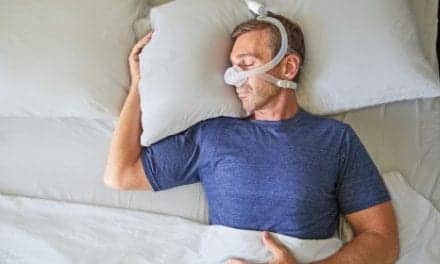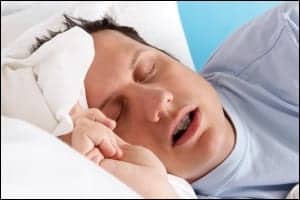Cleveland Clinic research supports a growing body of evidence that shows treating sleep apnea with CPAP reduces sleepiness behind the wheel.
“There was a significant reduction in the drowsy driving episodes and this reduction was more pronounced in patients who were CPAP adherent,” says lead author Harneet Walia, MD, of Cleveland Clinic, in a release. “This is a very important finding because drowsy driving poses a very important public health risk.”
Researchers analyzed self-reported questionnaires from nearly 2,000 people with sleep apnea.
They assessed drowsy driving incidents before and after participants used a CPAP machine.
Results show a significant improvement in reported accidents and near-miss-accidents after using the CPAP machine.
Folks who used it regularly and complied with treatment guidelines saw the greatest improvement.
In addition to drowsy driving and daytime sleepiness, Walia says sleep apnea can also have cardiovascular consequences, so it’s important to be properly diagnosed and treated. “If you think you have obstructive sleep apnea, or you have signs of obstructive sleep apnea such as loud snoring, having pauses in breathing, or you feel excessively tired throughout the day please seek medical attention,” she says.
Walia says sleep apnea can be easily detected during an overnight sleep study and that using a CPAP machine is often the first line of treatment.
Complete results were presented at SLEEP 2017 (abstract #5034).




